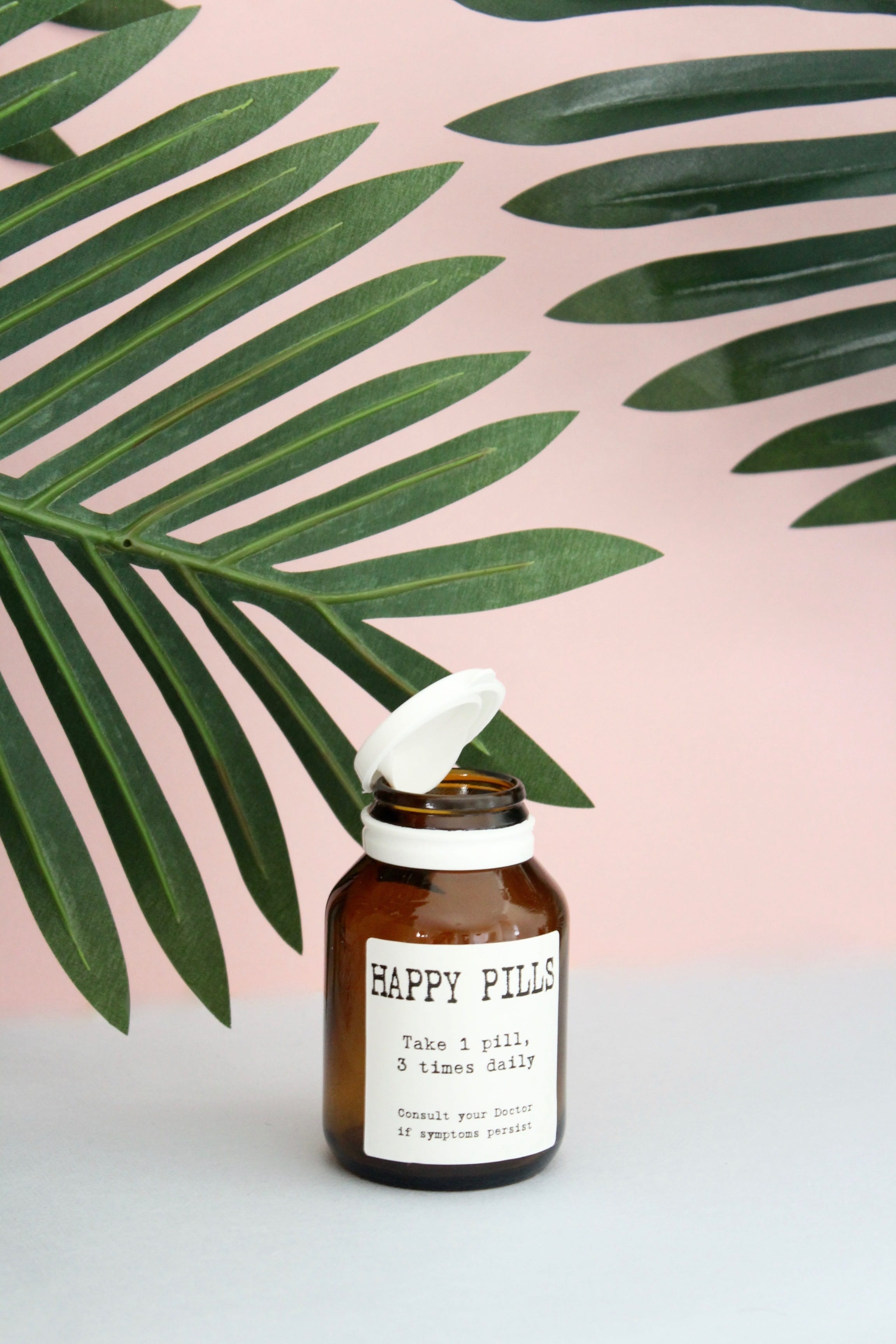Supplementing prescription pain medication with medical marijuana is not an effective management strategy, survey shows.
Bad news for those hopeful chronic pain can be effectively managed by supplementing their opioid regimen with marijuana. Pain patients who co-use both prescription opioids and recreational marijuana show higher levels of mental health and substance abuse problems than those who used opioids alone, a new survey shows. What’s more, anxiety and depression scores were significantly higher for patients who used both drugs, as were measurements of opioid-dependence severity and alcohol and cocaine use. The report was generated by Andrew Rogers, of the University of Houston, and his colleagues and presented at the 2019 American Pain Society Scientific Meeting.
“The things psychologists would be most worried about were worse, but the thing patients were using the cannabis to hopefully help with – namely pain – was no different,” Rogers said, adding, “Co-use of substances generally leads to worse outcomes. As you pour on more substances to regulate anxiety and depression, symptoms can go up.”
Abhiram Bhashyam, MD, MPP, of Massachusetts General Hospital in Boston, who was not involved in the research, added, “This study provides further evidence that cannabis may not be an effective substitute or alternative to opioids for pain management.” He continued, “Studies like these are important for clinicians as patients increasingly ask about opioid-cannabis co-use for managing their pain. We lack robust evidence to provide appropriate guidance due to a paucity of research on this topic at present.”

In a 2018 study, Bhashyam and his colleagues looked at the combined use of cannabis and opioids in patients who were experiencing severe pain after traumatic musculoskeletal injury and found that “marijuana use during recovery was associated with increased quantity and duration of opioid use.” For their research, Rogers and his team surveyed people with moderate to severe chronic pain. They screened individuals in an online panel and invited them to participate in a confidential survey.
All 450 participants currently used opioids for pain and had current chronic pain that persisted for at least three months and pain levels that were moderate to severe during the past four weeks. Most were female (75%) and white (79%); their average age was 39. An estimated four in ten (39%, or 176 respondents) reported using recreational cannabis in the past three months in addition to their opioid use. More women than men reported opioid use only, and individuals who reported opioid use only were significantly older.
Compared with opioid use alone, opioid and cannabis co-use was associated with elevated anxiety and depression symptoms, as well as opioid, tobacco, alcohol, cocaine, and sedative use problems, but not pain severity or disability. “The magnitude of effects for all substance-related variables was medium-to-large, and small-to-medium for anxiety and depression,” the team concluded. Rogers added, “There may be no effect from cannabis on pain combined with opioids.”
“These results are not surprising and indeed replicate other studies showing that cannabis use by pain patients is associated with higher doses of opioids and no pain relief benefits,” stated Keith Humphreys, PhD, of Stanford University in California, who was not part of the team.
Previous research by Humphreys showed medical cannabis also had higher rates of opioid use and misuse. “This is one of many examples where claims about the benefits of medical cannabis are not supported by evidence,” Humphreys said.


Join the conversation!